Frontier Markets Weekly, April 7th 2024
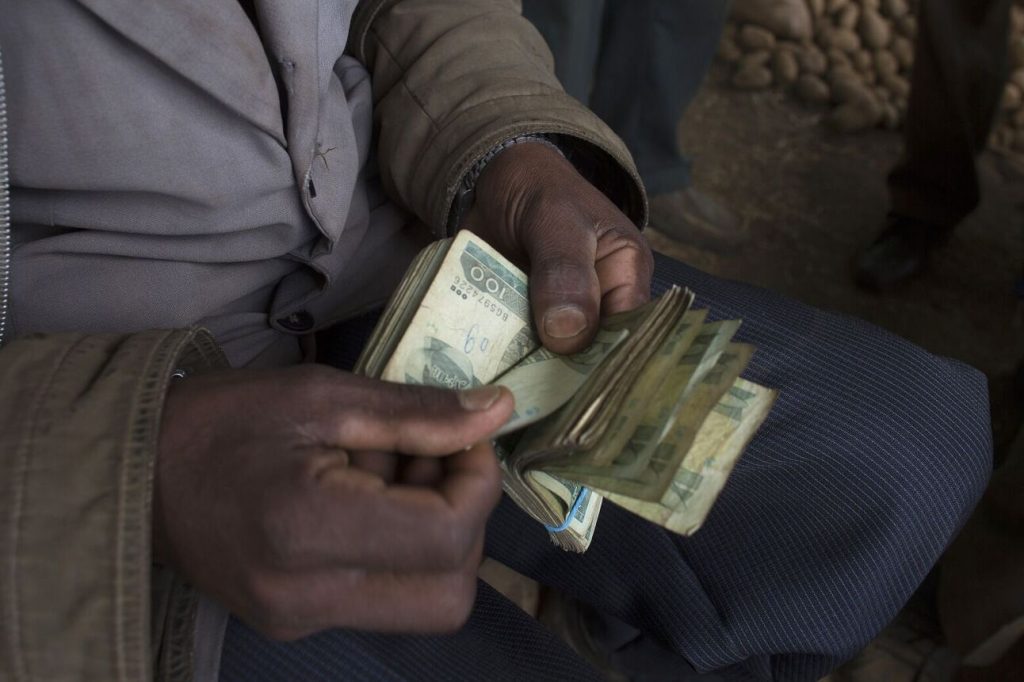
Dear Reader,
Frontier Markets News is on a mission to bring unbiased insight and intelligence about key developments in small emerging markets to a global audience.
If you are enjoying this newsletter and would like to help support that mission, please consider upgrading to a paid subscription today.
Sent this by a friend? Sign up here to receive FMN in your inbox every weekend.
By Ken Stibler, Noah Berman and Nojan Rostami. Executive editor: Dan Keeler
Africa
Zimbabwe launches gold-backed currency
Zimbabwe has replaced its currency with a new one backed by gold, the country’s central bank announced on Friday. The new currency, Zimbabwe Gold (ZiG), will initially circulate alongside foreign notes. It will have a starting value of 13.56 to the US dollar. ZiG replaces the failed Zimbabwe dollar, which launched five years ago at 2.50 per US dollar and now changes hands at closer to 36,000 per US dollar.
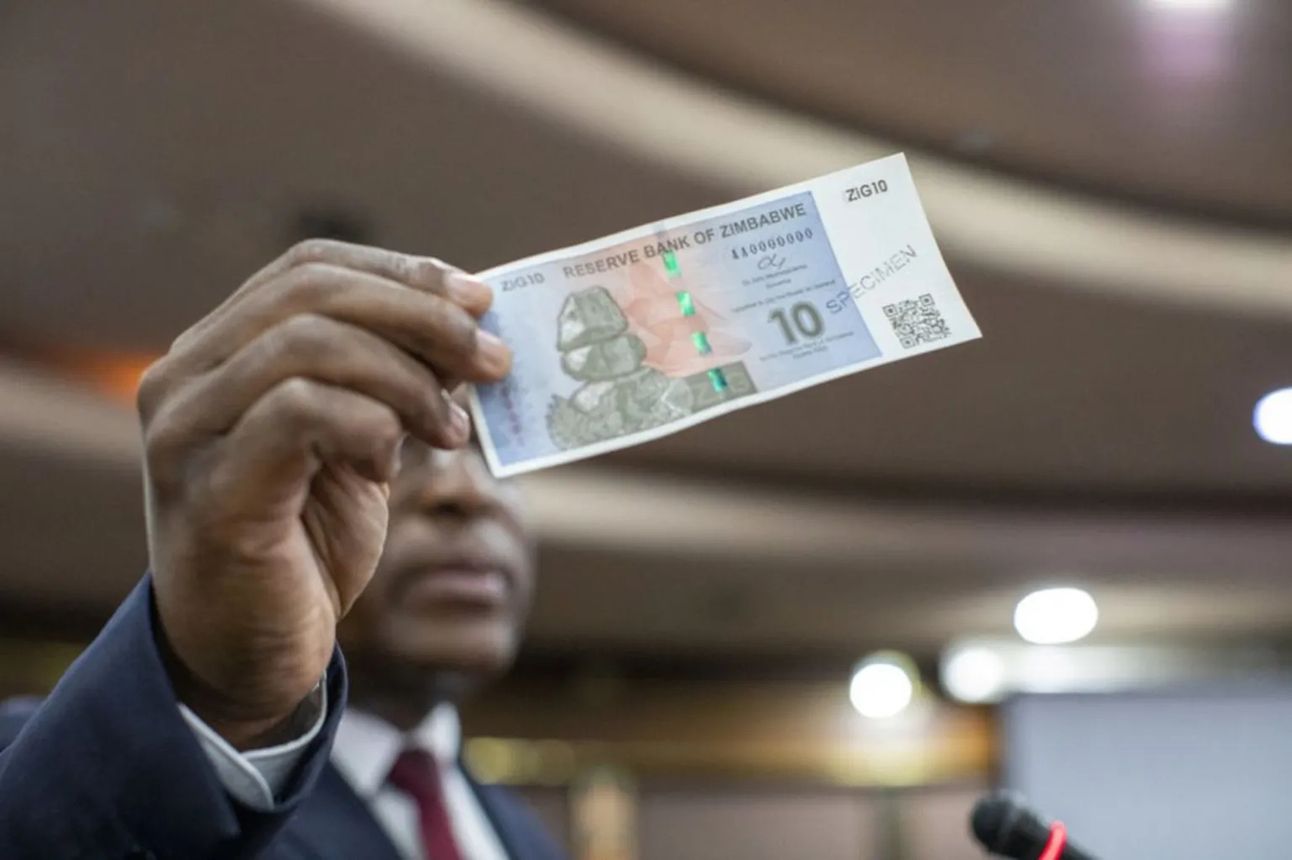
Economists doubt Zimbabwe’s struggling economy can support gold-backed tender. The country has enough currency reserves to pay for just one month of imports, FT reports. These reserves have stayed low for years because ZImbabwe is largely locked out of international markets due to extensive arrears on its external debt.
A drought is also weighing on the southern African nation’s economy. President Emerson Mnangagwa declared a national disaster over the drought on Wednesday, saying Zimbabwe needs $2 billion in aid—about 7% of GDP—to avert mass hunger, The Guardian reports.
Ethiopia gains economic relief
The IMF this week said negotiations for a loan package for Ethiopia have made “substantial progress” and agreed to lend the strife-torn nation $1.7 billion to boost its electricity and water supplies. Investors cheered the news, pushing prices of a defaulted Ethiopian dollar bond to a two-year high, Bloomberg reports.
- Ethiopia stock-exchange ‘capital raise is oversubscribed’ (The Africa Report)
Ethiopia defaulted on the bond last December amid ongoing economic fallout from its civil war, which reached a fragile truce in November 2022. The war has caused $29 billion in damaged infrastructure and lost productivity, according to the New Humanitarian.
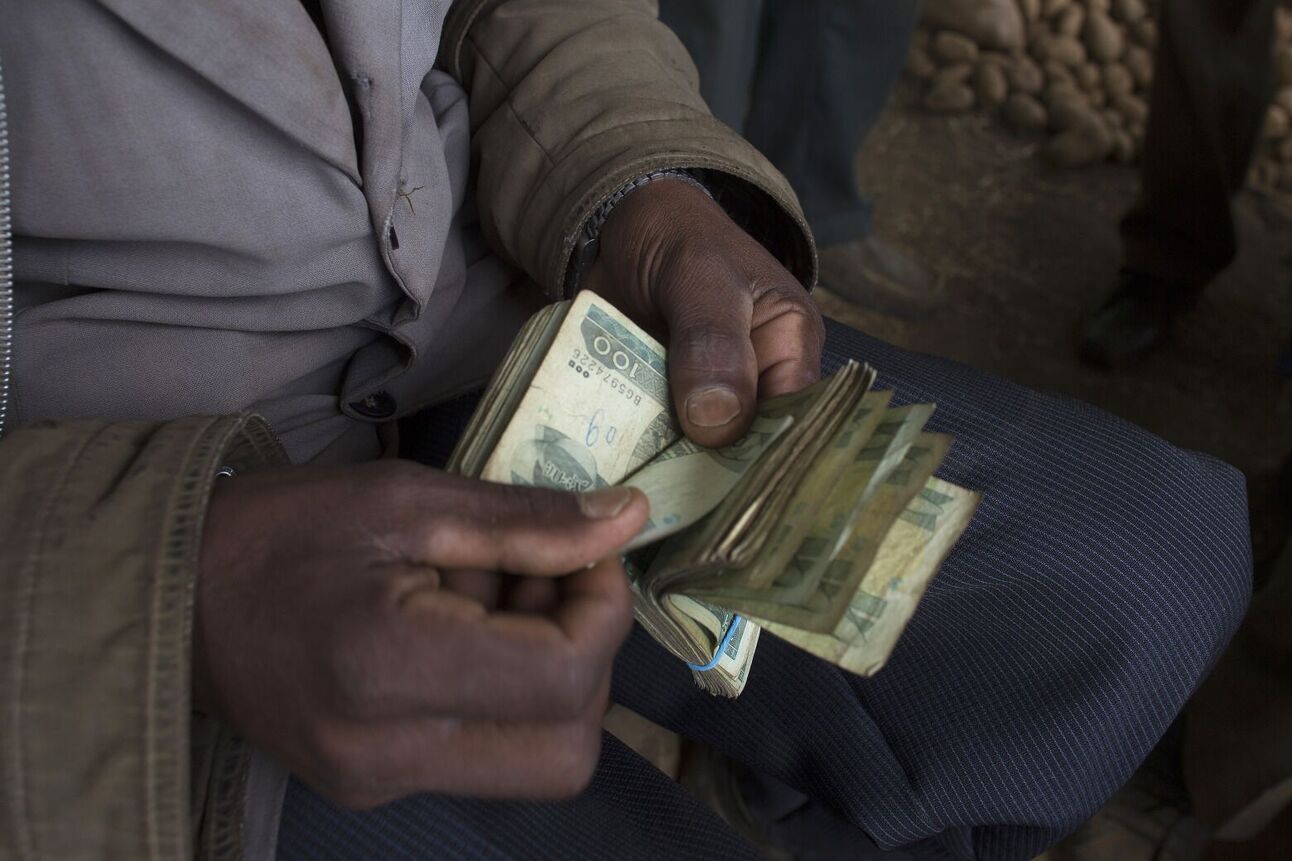
Earlier this week the Paris Club group of wealthy lenders agreed to extend by three months a deadline for Ethiopia to reach a deal with the IMF. Meanwhile, violence continues to rage in Ethiopia’s Amhara region, and on Thursday, Human Rights Watch said the Ethiopian military had committed war crimes by executing dozens of civilians in the Amhara town of Merawi in January.
Cocoa prices surge as supply falters
Cocoa prices hit a record high this week, driven in part by climate change and illegal mining, both of which are putting pressure on supplies of the commodity.
In Côte d’Ivoire and Ghana, which together account for close to 60% of the world’s cocoa supply, tree-killing diseases made more likely by heavy rain have decimated the cocoa crop, Reuters reports. With a smaller supply, cocoa futures prices have more than tripled in the past year, to reach more than $10,000 per ton this week.
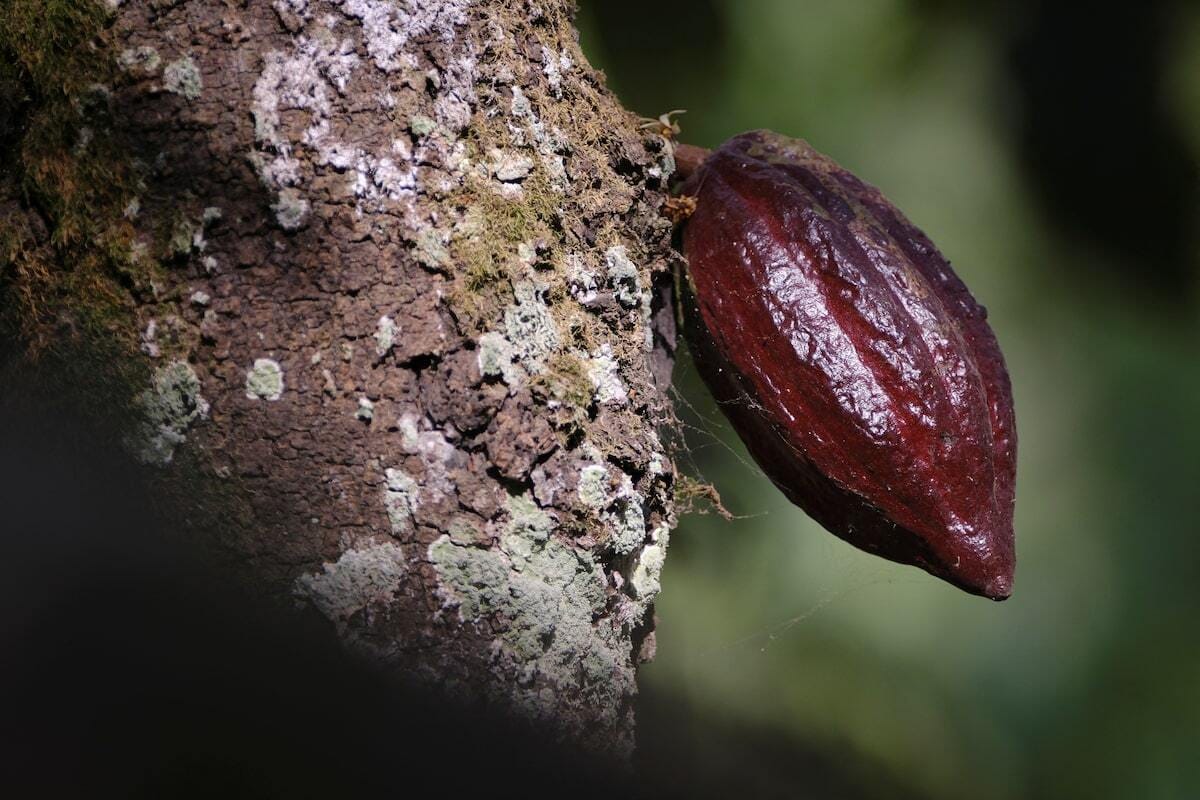
Meanwhile, illegal gold mining has destroyed many cocoa farms across West Africa.
To encourage production, Côte d’Ivoire and Ghana each raised the prices farmers are paid by 50% this week. While that could ease the global cocoa shortage by increasing supply, analysts say the payments are still far below international standards.
Asia
Myanmar rebels attack capital
Myanmar’s opposition said on Thursday that it had launched almost 30 drones at Naypyidaw, the country’s capital. The military said it shot down seven of the drones, which targeted the airport and military headquarters. The strikes, which were claimed by the National Unity Government, caused no casualties.
The attack came less than a week after junta officials met with Chinese counterparts in Naypyidaw. Fighting between rebels and junta forces near Myanmar’s border with China has led Beijing to beef up its own security, and China hosted live-fire exercises along the border on Tuesday.
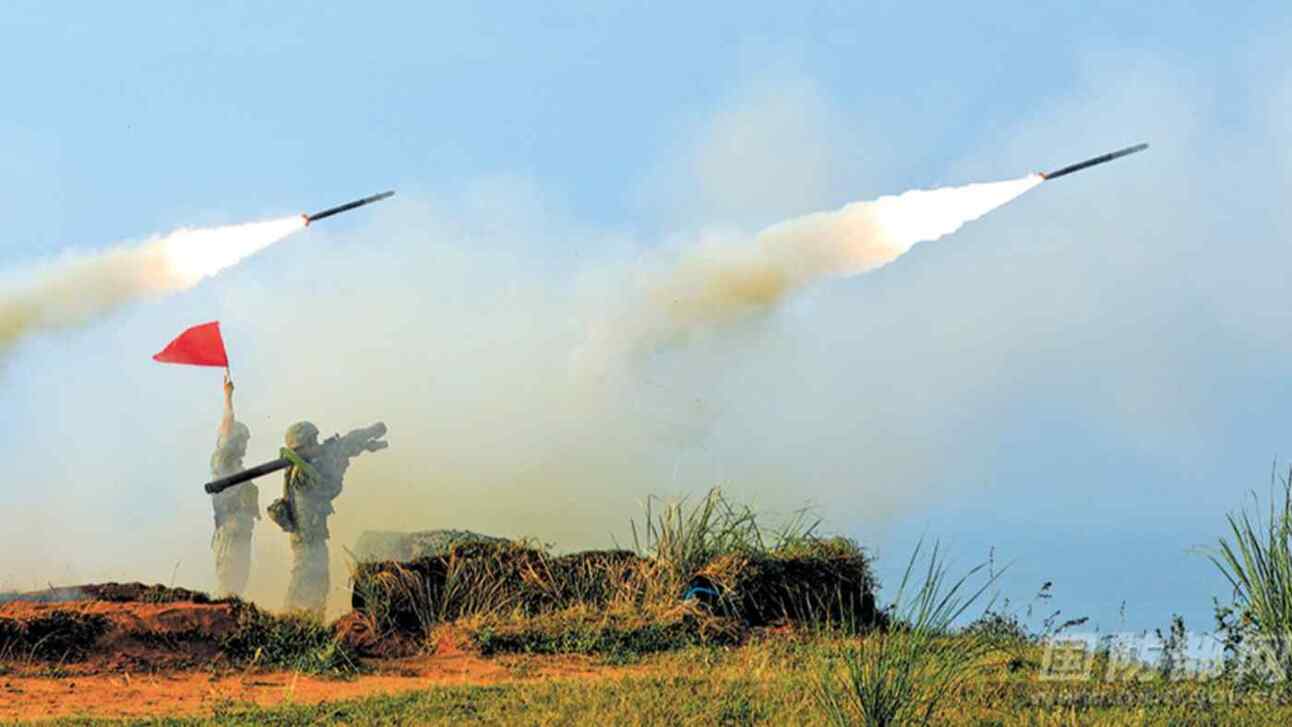
Fighting between rebel and junta forces grew particularly deadly last year. A UNICEF report released this week found that civilian casualties from landmines and other explosive ordnance tripled in 2023.
ASEAN finance chiefs call for ‘green financing’
The finance ministers of the Association of Southeast Asian Nations (ASEAN) met in Laos on Thursday to discuss ways to financially engineer solutions for the climate crisis.
Southeast Asia is among the regions most vulnerable to climate change. And while many ASEAN members have pledged to cut carbon emissions, they have yet to determine how they will pay for the transition to clean energy. Investments in clean energy across ASEAN must increase at least fivefold to more than $200 billion annually, AP reports.
Midsize economies including Indonesia and Vietnam have turned to wealthy G7 countries to fund this transition. Both Jakarta and Hanoi have agreed to reduce emissions in exchange for billions of dollars to finance the switch to renewable energy. But lower-income countries such as Laos, where smog shrouds the streets for weeks at a time, have not received the same degree of international attention
Did someone forward this to you? Subscribe at FrontierMarkets.co
Middle East
Saudi Arabia scales back megaprojects as it struggles to attract FDI
Saudi Arabia this week scaled back its ambitious goals for the Neom megaproject, extending timelines and pulling-back on construction, commercialization, and residential population targets for 2030, Bloomberg reports. According to the report, at least one contractor is laying off staff and canceling works, and internal projections report expectations of just 300,000 residents and 2.4 kilometers of Neom completed by 2030—much lower than previously pitched to potential investors.
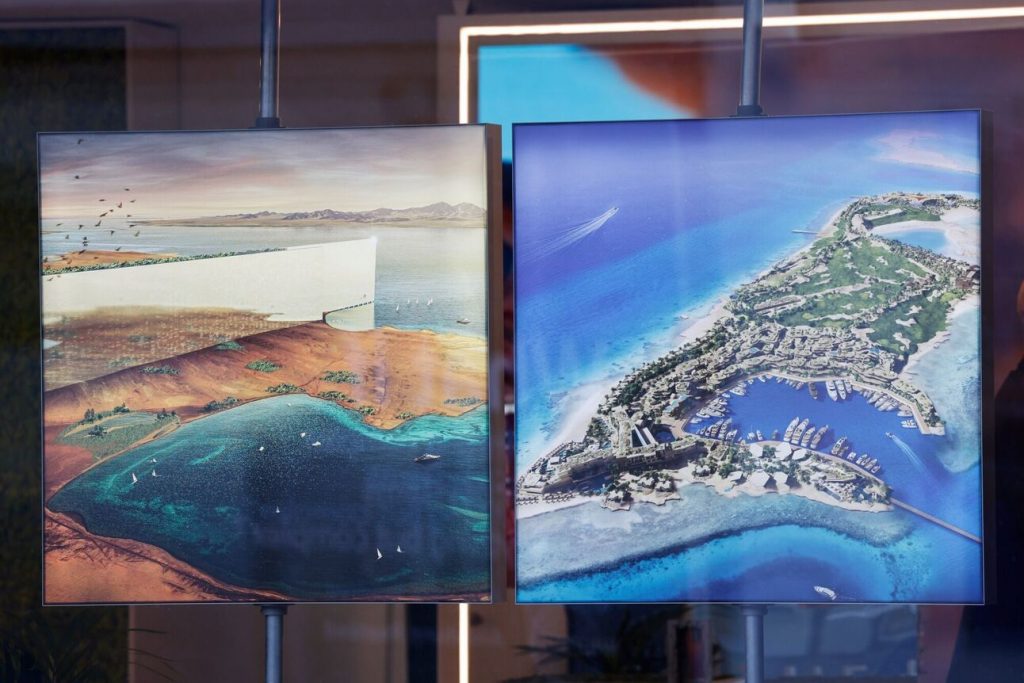
Saudi Arabia’s de facto leader Crown Prince Mohammed bin Salman had been targeting foreign investors to help fund his Vision 2030 program, which is intended to diversify the Saudi economy away from oil and gas by the end of the decade, but the PIF and other state vehicles have largely been footing the bill.
- Saudi Arabia targets historic green bond sales for projects (Bloomberg)
The scale-back of the megaprojects heightens concerns over the kingdom’s sovereign debt sales, recent moves to transfer or sell off assets to recapitalize the PIF, and its tapping into Aramco dividends to plug a widening fiscal deficitopened by the pursuit of rapid economic diversification.
While the lack of FDI on the scale previously targeted is certainly a setback, some progress on Vision 2030 has been made in terms of domestic economic diversification. Reuters reports this week that Saudi Arabia’s March PMI report indicates robust growth in Saudi’s non-oil economy, in fact accelerating to a six-month high, on the back of stronger than expected manufacturing orders.
Large anti-Israel protests raise concerns over Jordan’s stability
Increasingly large and violent anti-Israel protests in Jordan’s capital city of Amman have prompted the government to respond more forcefully, amidst fears of rising domestic instability. After an 11th straight day of protests on Monday, Jordan’s government issued a statement condemning the protests as motivated by a “a small, infiltrated group that seeks to sabotage and undermine national unity.”

Various Jordanian MPs and government figures have taken to social media or state news networks to denounce “incitement” by foreign agents and even alluded to Hamas involvement. Jordan has long been a steadfast US ally, striking a delicate balance between its relationship with the US and its strong public support for Palestinian recognition.
Balochis militant group launches attack on Iranian forces
At least 11 members of Iran’s IRGC security forces were killed in an attack in Chabahar last week, with Baloch separatist group Jaish al-Adl claiming responsibility. Chabahar is located in southeastern Iran, in the historically restive province of Sistan-Balochistan, and is home to a major port facility crucial to Iran’s trade links to Asia.
- Iran grapples with response to Israel’sSyria consulate strike (FT)
Jaish al-Adl members made headlines in January of this year after being targeted by Iranian airstrikes whilst sheltering in Pakistan, which has a large Baloch population along its porous, unsecured border with Iran. Separatist activity among Iran’s minority populations such as the Baloch and the Kurdish has increased since the regime crackdown on the Mahsa Amini protests in 2022, which, along with increasing ISIS activity in the east and conflict with Israel via proxies in Lebanon and Syria, has raised questions of regime security.
Europe
Czech Republic sounds alarm over Russian cyberattacks on infrastructure
As geopolitical tensions between Russia and the West continue to escalate, Eastern European companies and critical infrastructure find themselves caught in the crosshairs of an increasingly aggressive cyber campaign. The Czech Republic’s transport minister, Martin Kupka, told the Financial Times that Russia has made thousands of attempts to weaken systems and sabotage critical infrastructure, including attacks on signaling systems and networks of the national railway operator České dráhy.

The Czech cyber security agency, NUKIB, has warned of increased attacks against the energy and transportation sectors. The EU Agency for Cybersecurity has also reported a rise in frequency and sophistication of attacks since Russia’s invasion of Ukraine, with major cyber attacks by “pro-Russia hacker groups” on companies in Latvia, Lithuania, Romania and Estonia.
Rising geopolitical tension is creating headwinds for Emerging European companies. The Czech Republic, for example, is planning to limit the ability of foreign operators to bid on its high-speed rail line project, which aims to link Berlin, Prague, and Vienna. The growing restrictions on foreign involvement could lead to higher costs, delays, and reduced competition for infrastructure projects, ultimately hindering the region’s economic growth.
Erdoğan to stay course despite election setback
President Recep Tayyip Erdoğan’s AK Party suffered an unprecedented defeatin Turkey’s municipal elections, falling behind the main opposition Republican People’s Party (CHP) for the first time, the NY Times reports. The CHP secured 37.8% of the vote, while the AKP trailed at 35.5%.
Voters appear to have been punishing Erdoğan’s party for the country’s economic hardships, including persistently high inflation and the highest borrowing costs since the AKP first came to power in 2002.
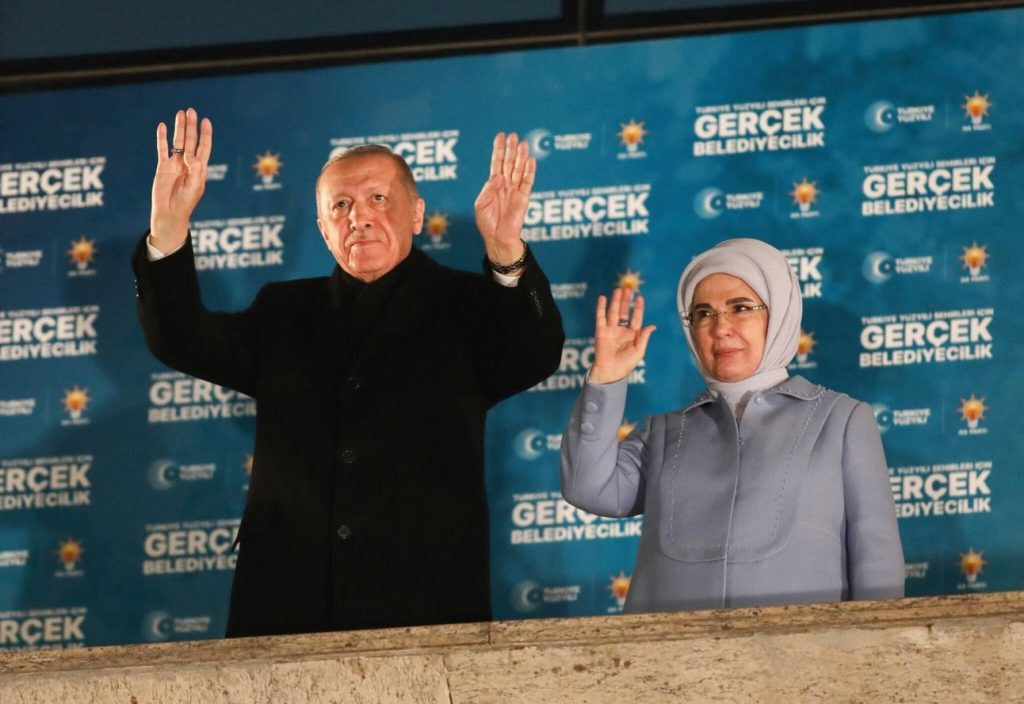
Despite the election results, the government’s economic policy trajectory is unlikely to change significantly according to consultancy Frontier View. Finance minister Mehmet Simsek is expected to remain in power, and efforts to recover Turkey’s economy will continue on their current tentative track.
Latin America
Bolivia’s exhausted natural gas reserves change Southern Cone energy dynamics
The decline in Bolivia’s natural gas reserves is reshaping the energy landscape in the Southern Cone, as Argentina and Brazil seek to secure alternative sources of supply. Energy companies from both countries have initiated talks to reverse the flow of a Bolivian pipeline network that connects the three nations, a move that Bolivia is resisting.

Bolivia’s rejection of an initial proposal to charge a tolling fee for the passage of Argentine gas through its territory has complicated matters. The Andean nation has instead suggested importing Argentine gas and reselling it to Brazilian companies, a plan that was rejected due to the anticipated increase in Brazil’s import costs.
As Bolivia’s gas production continues to decline, with exports potentially ceasing after 2029, the financial and economic pressure for alternative supplies is expected to intensify, particularly if LNG prices rise again.
Colombia’s senate rejects Petro’s healthcare reform
Colombia’s President Gustavo Petro suffered a significant setback on Wednesday as a Senate committee rejected his proposed healthcare reform. The vote, which saw the Senate committee reject the bill with nine votes in favor and five against, is likely to be welcomed by investors who have been closely monitoring Petro’s efforts to overhaul the country’s conservative economic model.
The healthcare reform aimed to reduce the role of private insurers and expand government control over the sector. However, the bill faced strong opposition from lawmakers and industry stakeholders who warned that it could open the door to corruption and undermine the financial viability of private insurers.
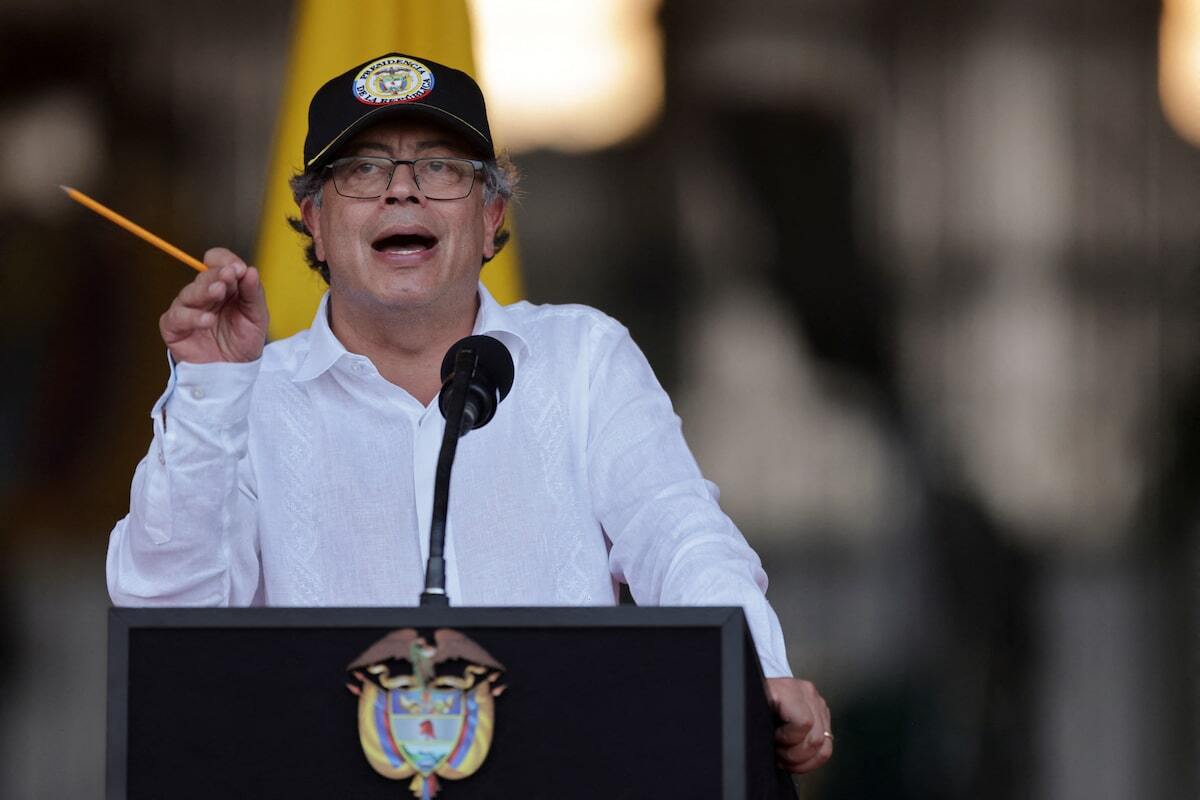
The rejection is a decisive blow to Petro’s progressive agenda, which also includes changes to labor laws and pension reform, the latter of which the Senate could soon reject as well. However, subsequent moves to assert controlover major insurers Sanitas and Nueva EPS has increased concerns that the government might intervene through regulators in spite of the legislative rejection.
US reconsiders strategy over Venezuela’s democratic restrictions
The Biden administration is unlikely to reimpose sanctions on Venezuela, despite President Nicolás Maduro’s moves to bar leading opposition candidates from the country’s July elections, administration sources told the WSJ. US officials are concerned that reverting to Trump-era sanctions would raise gas prices and prompt more migration from Venezuela, which could negatively impact President Biden’s re-election campaign in November.
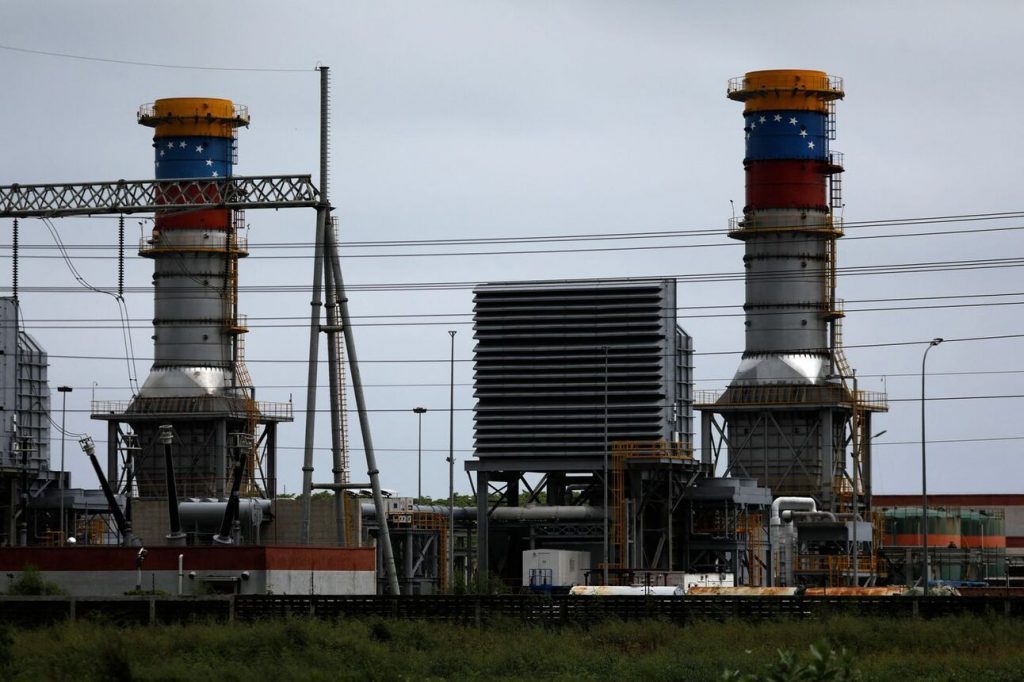
Top officials, such as national security adviser Jake Sullivan, are encouraging an approach that prioritizes US interests, such as energy supply, over political change in Caracas. The current policy is seen as an opportunity to keep Venezuela as part of the Western marketplace and less inclined to turn towards China and Iran.
- Shell seeks longer US license before approving Venezuela gas project (Reuters)
The pragmatic shift has prompted criticism that the Biden administration is turning a blind eye to Maduro’s increasingly repressive tactics ahead of Venezuela’s July 28th elections.
Global
Frontier markets return to borrowing, but better debt workouts remain a distant prospect
Sovereign borrowers with low credit ratings are making a comeback in bond markets, with EMs selling more hard-currency bonds in the first quarter of this year than any first-quarter on record, FT Alphaville reports. Countries including Côte d’Ivoire, Bahrain, Benin and Kenya, all rated well below investment grade, have recently issued debt despite concerns about the sustainability of borrowing at high yields.
While the reopening of markets could provide much-needed liquidity for lower-rated sovereign debt, concerns are mounting that costly borrowing could lead to more sovereign debt restructurings in the future. Historically, issuing bonds with coupons above 10% has been rare, and a significant percentage of such issuances have ended in default.
The lengthy and complex process of sovereign debt restructuring remains a challenge. Zambia’s recent debt restructuring deal, which took years to negotiate, highlights the need for a more streamlined approach to debt workouts. While the market is back open for lower-rated emerging market borrowers, the prospect of effective debt restructuring reform remains distant.
What we’re reading
Nigeria to almost triple energy prices, keep subsidy for poor (Bloomberg)
Côte d’Ivoire bets on solar as part of renewables drive (Reuters)
US flags Kenya over bribes and extortion in public tenders (Business Daily Africa)
Zambia: Third time’s a charm? (SovDebt Oddities Substack)
Fears of violence grow as Somalia scraps power-sharing system (The Guardian)
Puntland to operate independently from Somalia after law change (Bloomberg)
Somalia’s Puntland region voices opposition to provisional constitution revisions (Voice of America)
Sudan suspends work of Al Arabiya, Al Hadath and Sky News Arabia channels, state news agency says (Reuters)
Election anxiety makes South Africa dollar bonds the worst in EM (Bloomberg)
Credit costs will remain elevated in most ASEAN markets this year (FrontierView)
Vietnam PM urges lenders to boost economy (Nikkei)
Pakistan seeks bids for majority stake in national carrier (Bloomberg)
Pakistan and Taliban to expand trade despite lingering tensions (Nikkei)
India risks squandering demographic dividend, says World Bank (FT)
Gulf Arab states test waters with investments in Iraq (Reuters)
UAE’s AD Ports partners with Iraq on Al-Faw Grand Port development (World Cargo News)
How Middle Eastern powers are investing in clean energy (FT)
Israel PM announces ban on Al Jazeera, (Mercopress)
EU ‘dithers’ as foreign-agent laws spread across Europe and Central Asia (Radio Free Europe)
Ukraine strikes Russian drone factory and nation’s third biggest oil refinery 1,300km from border (FT)
IMF praises Argentina’s achievements but says social and political support needed (Mercopress)
Argentina’s lithium projects stall as the mineral’s fourth-largest producer focuses on exports (Rest of World)
Milei doesn’t see Argentina dollarizing before midterm vote (Bloomberg)
Russian oil arrives in Cuba after year-long hiatus (Reuters)
Opinion: Corruption has discredited an entire political class in Peru (FT)
Analysis: Latin America’s new hard Right (The Economist)
China’s pursuit of copper is changing Latin America (The National Interest)
We are committed to providing FMN readers with a free weekly digest of politically unbiased, succinct and clear news and information from frontier and small emerging markets.
Please consider becoming a paid supporter to help cover some of our costs and support our continued development of sharp markets-focused coverage and new informational products.




